Filter by
The language used throughout the course, in both instruction and assessments.
Choose the Renewable Energy Course That Aligns Best With Your Educational Goals
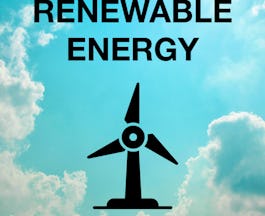
University of Colorado Boulder
Skills you'll gain: Strategy and Operations, Leadership and Management, Planning, Systems Design, Project Management, Operations Management, Critical Thinking, Market Research, Operational Analysis, Strategy, Supply Chain and Logistics, Feature Engineering, General Statistics, Innovation, Operating Systems, Research and Design, Benefits, Change Management, Problem Solving, Product Strategy, Application Development, Finance, Financial Analysis, Financial Management, Technical Product Management
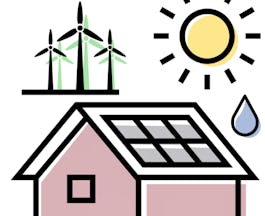 Status: Free
Status: FreeUniversity of Pennsylvania
 Status: Free
Status: FreeDuke University
Skills you'll gain: Business Development, Critical Thinking, Entrepreneurial Finance, Entrepreneurship, Finance, Innovation, Leadership and Management, Decision Making, Planning, Risk Management
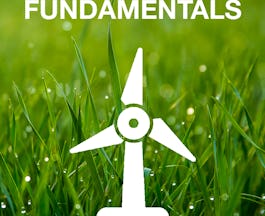
University of Colorado Boulder
Skills you'll gain: Systems Design, Innovation, Project Management, Application Development, Critical Thinking, Feature Engineering, Problem Solving, Product Strategy
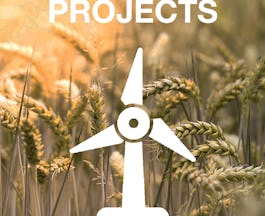
University of Colorado Boulder
Skills you'll gain: Project Management, Leadership and Management, Critical Thinking, Finance, Financial Analysis, Financial Management, Operations Management, Planning, Strategy, Technical Product Management
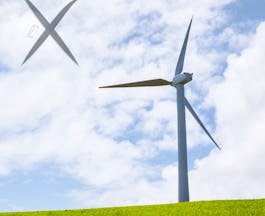
École Polytechnique
 Status: Free
Status: FreeUniversity at Buffalo

University of Colorado Boulder
Skills you'll gain: Planning, General Statistics, Leadership and Management, Strategy and Operations, Benefits, Change Management, Operating Systems, Supply Chain and Logistics, Systems Design, Strategy

University of Illinois at Urbana-Champaign
 Status: Free
Status: FreeTechnical University of Denmark (DTU)

Dartmouth College
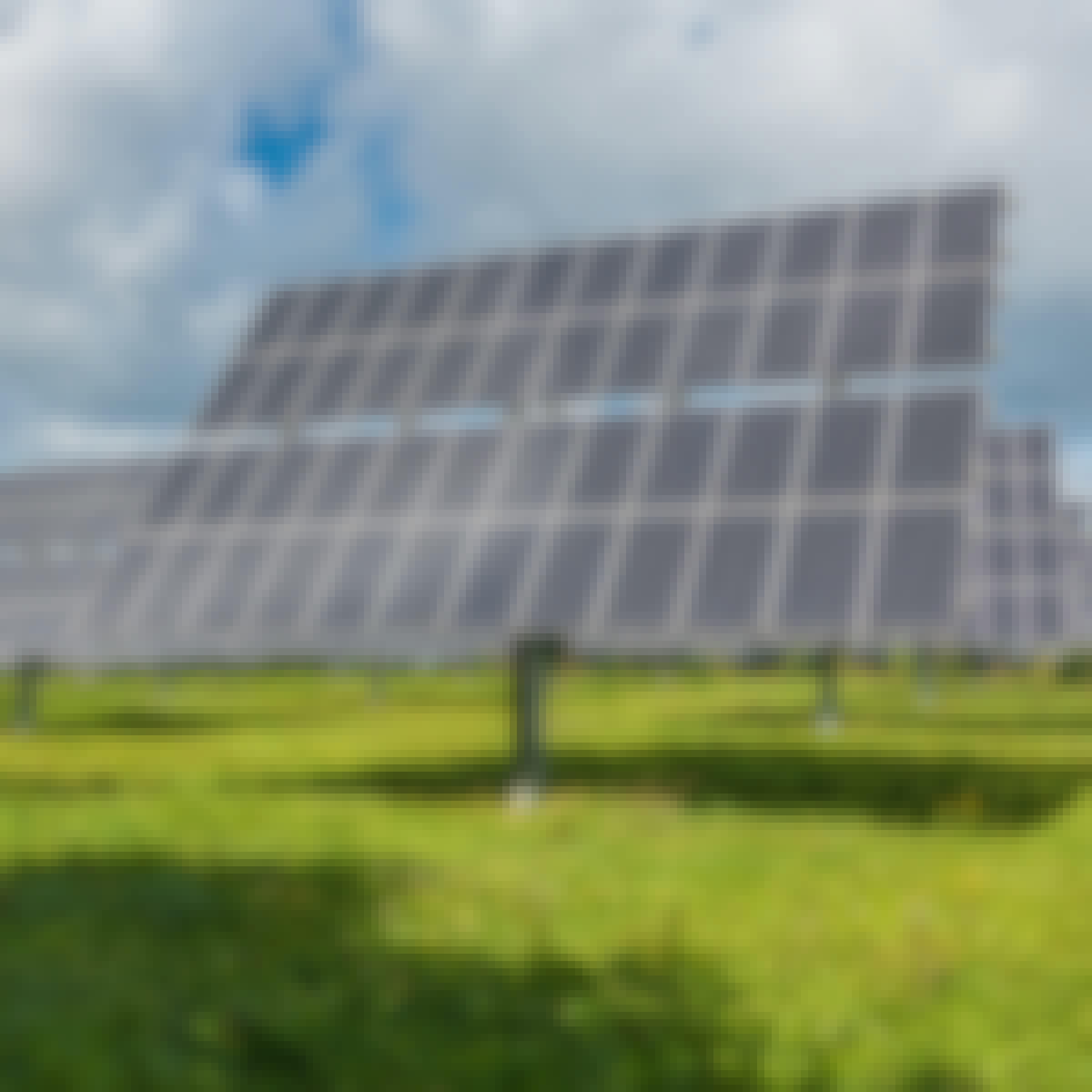
The State University of New York
Searches related to renewable energy
In summary, here are 10 of our most popular renewable energy courses
- Renewable Energy: University of Colorado Boulder
- Exploring Renewable Energy Schemes: University of Pennsylvania
- Renewable Energy and Green Building Entrepreneurship: Duke University
- Renewable Energy Technology Fundamentals: University of Colorado Boulder
- Renewable Energy Projects: University of Colorado Boulder
- Wind resources for renewable energies: École Polytechnique
- Renewable Energy: Fundamentals and Job Opportunities: University at Buffalo
- Renewable Energy Futures: University of Colorado Boulder
- Introduction to Sustainability: University of Illinois at Urbana-Champaign
- Wind Energy: Technical University of Denmark (DTU)










